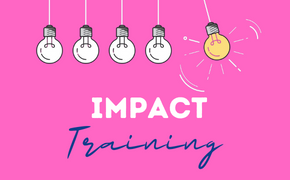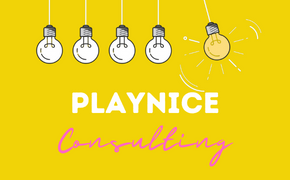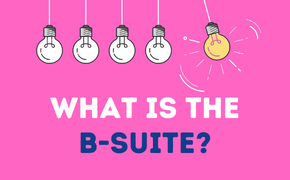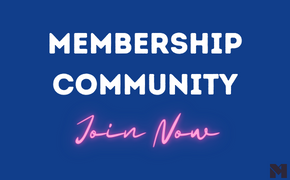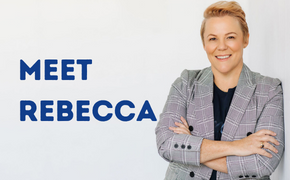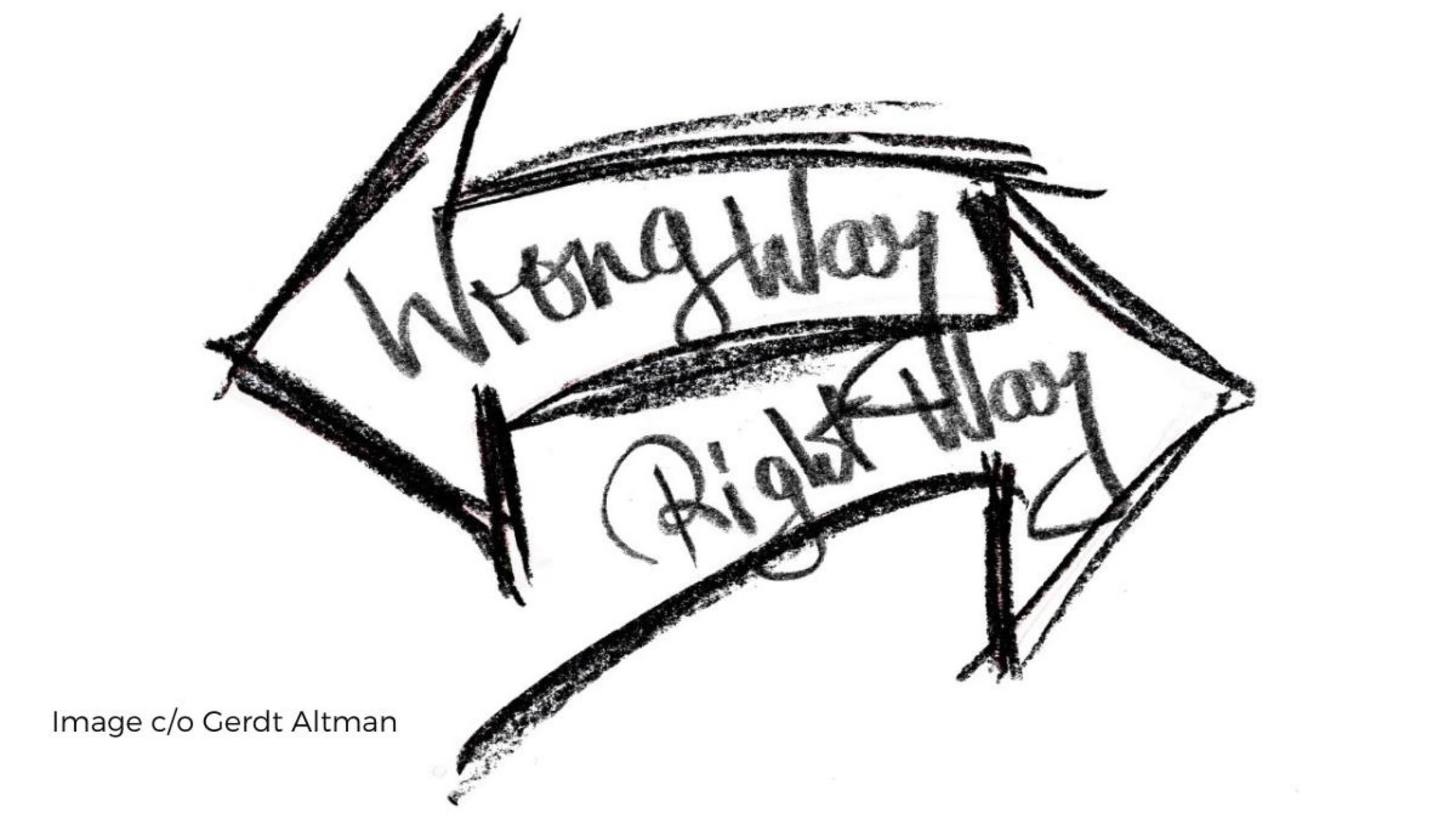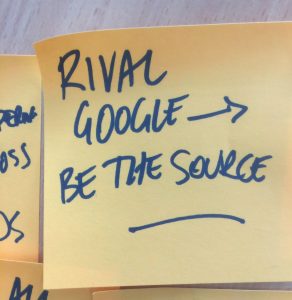We humans are weird. We are programmed to derail ourselves and yet we still succeed.
Mel Schwarz, who fascinatingly links quantum physics to conflict and change, tells us that addressing our belief systems is how we open up to change. I strongly agree.
In my work with teams experiencing friction, conflict or avoidance, three belief systems come up again and again as the underlying reasons for resistance to new ways of working:
- Our need to be right
- Our perception of power
- Our fear of loss
These lie beneath the logic and behavioral layers that we most commonly address in team effectiveness, and without tackling them, teams and individuals find it virtually impossible to truly move forwards.
Marriage counsellors often ask would you rather be right or happy. Logically, we choose happy, right? But our belief is that we have to get our point across: to be right. We just can’t let it go. Sound familiar?
Our need to be right is programmed into us at a cultural level. Right and wrong is like black and white, right?
- What if you’re both right?
- What if it’s the context that’s wrong?
- What if what’s right for me is wrong for you? Then what’s right?
Where is the tension?
- When the tension is Values-based, there’s never a right answer. Values-based conflict often escalates through misunderstanding and into judgment and even formal complaint. Whether gun or birth control, climate change or even return to the office, values-based arguments cannot be wrong, so you can never win them. Teams that are locked in a values-based argument often exhibit a ‘them and us’ mentality.
- When the tension is Ambiguity-based, the conflict often escalates into blame or powerplay. Prolonged exposure to trying to operate in the grey can ruin the resilience of once-great teams because of the prolonged brain strain. Teams experiencing this kind of tension often start with ‘we need a new structure / RACI’ as their solution. Unfortunately, these often serve to create inflexibility where flexibility is what they actually need.
Who are the players?
There’s often a core of individuals in the centre of conflict, but it’s an error to think the conflict is just down to them. Even those playing a secondary role are affected by the brain’s need to be right:
- It’s why people so easily and stubbornly pick sides in a conflict – it’s mentally far easier than remaining neutral, maintaining that both are right or arbitrating a way forward.
- It’s also why senior leaders don’t get involved as early as they could to nip these issues in the bud – they intuitively know there’s not going to be one right answer and it’s going to be tough.
Tackle the barrier before the solution
If we can help teams to let go of their need to be right, they are more likely to be able to adopt new ways of working, more easily sustain them, and to navigate ambiguity and conflict more easily next time.
- Recognising and addressing teamwork within a company is everything, it can make or break the success of the company. For more on this, ask me about my Level Up program, or join our next round table.
- Friction, conflict, or avoidance need to address in order for team effectiveness to work. For more on this ask me about my PlayNice program or join our next round table.

Rebecca is Australia’s pre-eminent advocate for B-suite leadership – the expert in developing hi-impact B-Suite leadership at both a team and individual level.
Speak to Rebecca about:
- Individual and group coaching
- Team effectiveness and training
- People & Culture Advisory
You can reach her on [email protected]


